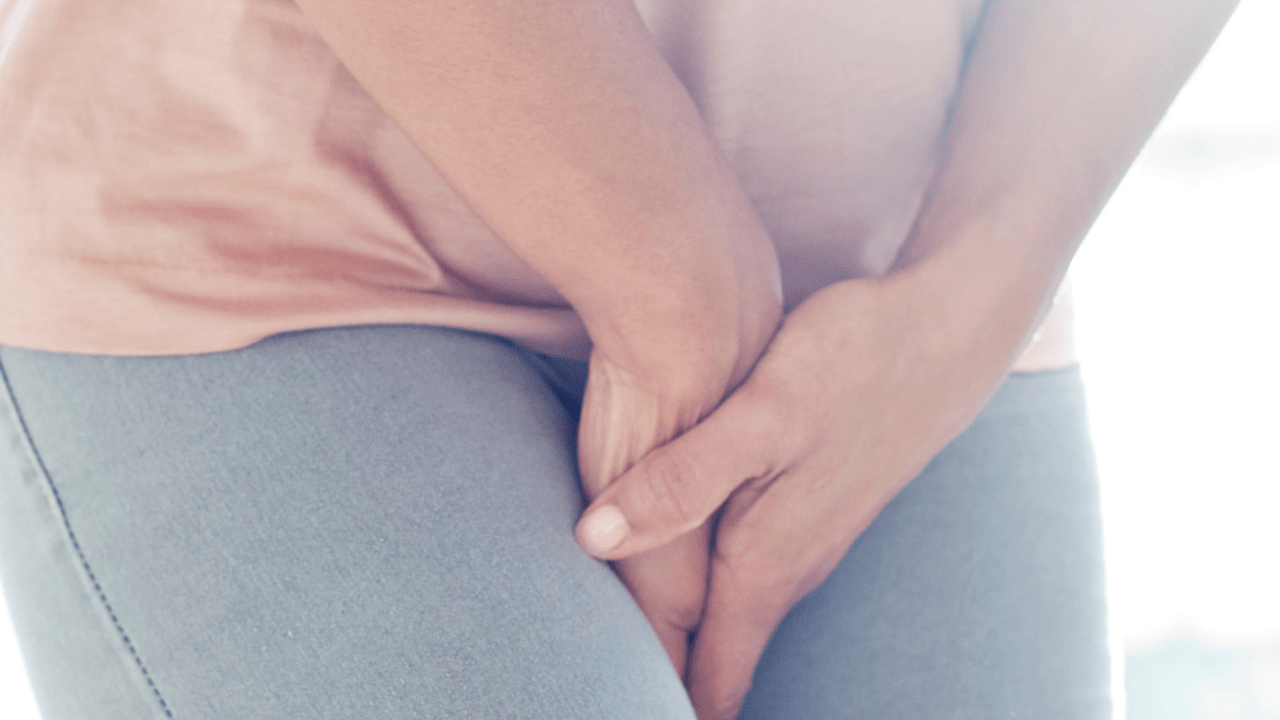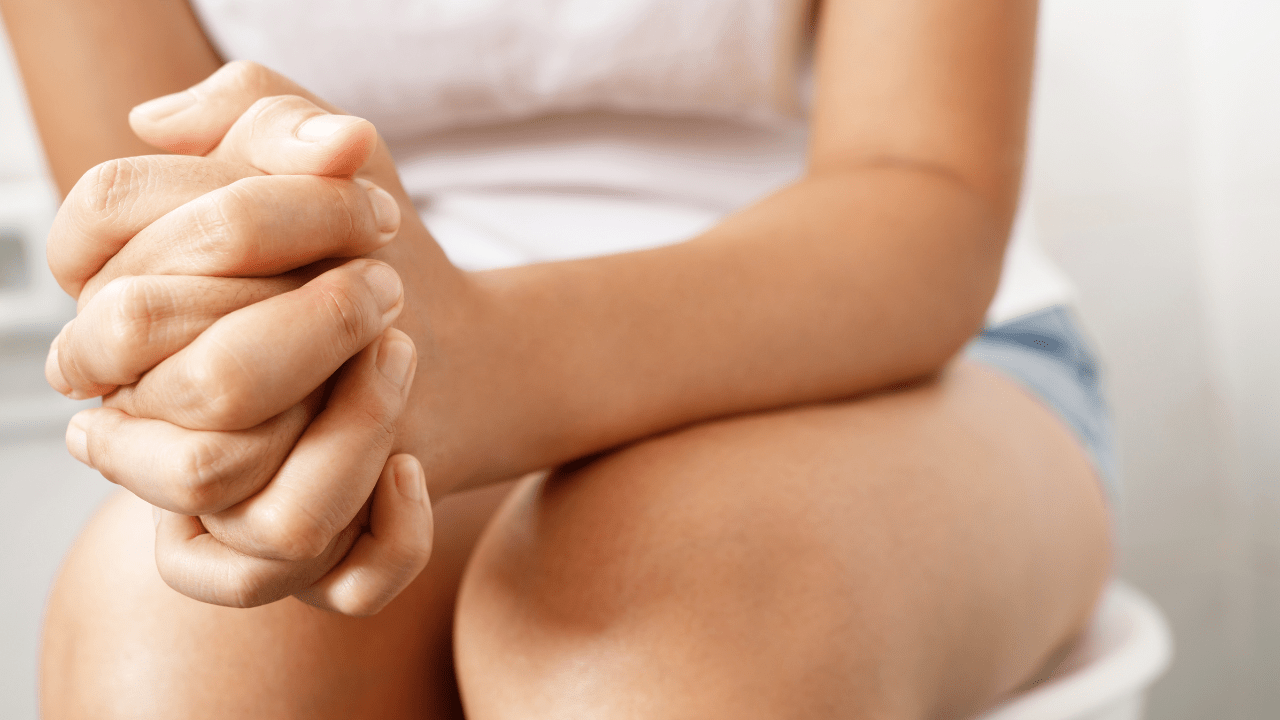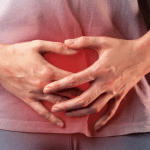Hey ladies, are you suffering from incontinence at menopause or other urinary changes?
Why are these changes happening? Reduced levels of estrogen starting around menopause can cause thinning of the lining of the urethra. The short tube that passes urine from the bladder out of the body. The surrounding pelvic muscles also may weaken with aging, a process known as pelvic relaxation. As a result, women at midlife and beyond are at risk for urinary incontinence or the involuntary leakage of urine.

The main risk factors for developing urinary incontinence are having a vaginal childbirth and growing old, the most common type of urinary incontinence. And women are first stress incontinence, which is caused by a weak pelvic floor muscles. The most common symptoms are leakage of urine when coughing, laughing or sneezing or lifting an object.

Stress incontinence is common during perimenopause but typically doesn’t worsen because of menopause. Then there’s urge incontinence, also called the overactive bladder, which is caused by overly active or irritated bladder muscles. The most common symptom for this is the frequent, the sudden urge to urinate with occasional leakage of urine.







